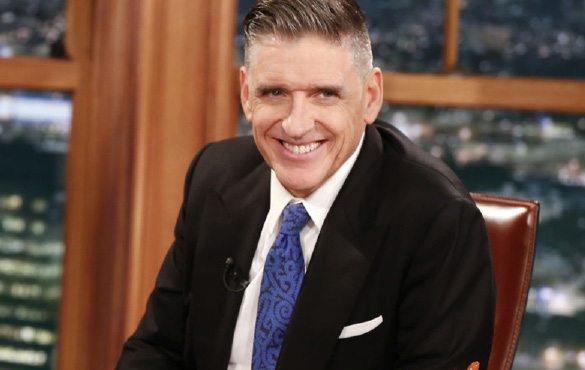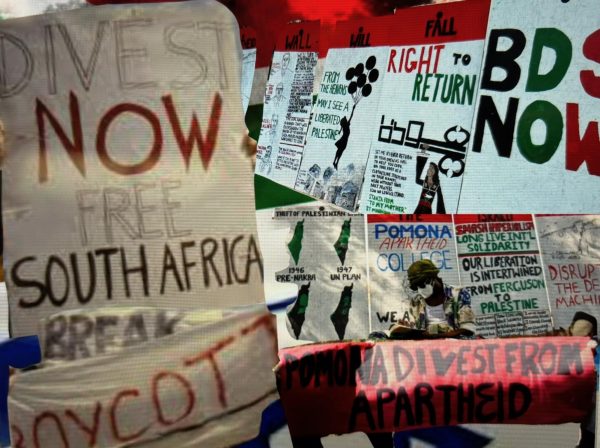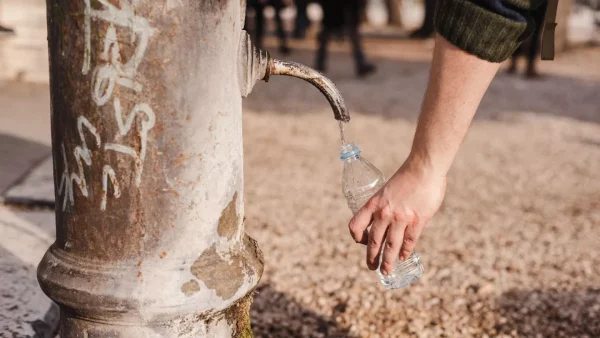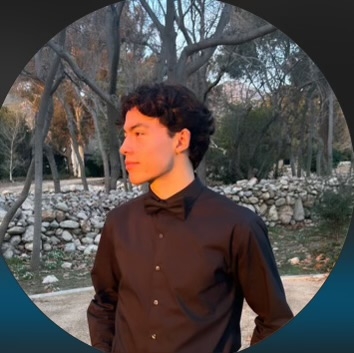Looking at the Little Late-Night Show That Dared To Be Different

It has been one year, one month, and 10 days since Dec. 19, the night in which we said our final goodbye to the late-night talk show that audiences needed but did not deserve. The Late Late Show with Craig Ferguson was never considered a television institution nor did it reach the heights of popularity like the shows that preceded it (The Tonight Show with Johnny Carson or Late Night with David Letterman) but it did dare to be different, and more specifically it dared to be weird.
The Late Late Show was hosted by Scottish American comedian and former punk drummer, Craig Ferguson. It ran at 12:37 am weekdays on CBS and featured a rotating cast of colorful characters and gags, including Secretariat, the effeminate dancing horse, and Geoff Peters the Robot Skeleton as Ferguson’s unapologetically lewd sidekick. The show format was simple. Every episode began with a cold open, then theme song, monologue, audience questions, guests, and then closed with a reflective moment. On paper, the Late Late Show was no different than Kimmel or Fallon or the count- less other late-night shows of the time. However, what they did not have and what made The Late Late Show so wonderfully endearing was its host, Craig Ferguson.
Ferguson, also known as Craigy Ferg, defied everything that defined late-night. When Ferguson did a cold open, he did not just simply introduce his guests or tell a few jokes, Ferguson committed to trying everything. Throughout his 2,058 cold opens, he performed an original Doctor Who musical tribute, interrogated Russian and German audience members, danced to “Oops! I Did it Again” with blinged out animal puppets, performed the 80s hit “White Lines” in full Melle Mel style with the puppets again, and got William Shatner, Jon Hamm, and Kristen Bell to bang their drums for a last epic montage to “Bang Your Drum.”
With Craigy Ferg, you never knew what to expect. He would ad-lib parts of his monologues and even ad-libbed interviews with his
guests. This was and still is radically different from most late-night hosts who keep notecards of conversation topics and hold pre-interviews with guests. During every interview whether it be with Gilmore Girls star Lauren Graham or Archbishop Desmond Tutu, Ferguson made it a point to tear up his notes and throw them fluttering behind his chair. With this spontaneity and spirit, Ferguson was one of the best interviewers to ever grace late-night. He could charm interesting stories out of even the most wooden of guests aided by his skeleton sidekick Geoff and special interview ending activities such as playing the mouth organ together, reenacting an awkward pause, or throwing frisbees at the horse Secretariat.
The Late Late Show felt personal, it felt honest, and this was to be all accredited to Ferguson himself. In his most affecting moments, Ferguson endeared us to him when he talked candidly about his appeals for U.S. citizenship, the death of his parents, and his struggles with maintaining sobriety. When Ferguson talked seriously, we listened intently. After the Boston Bombing,
in place of the normal opening and monologue, Ferguson sat at his desk and spoke earnestly with his audience about the bombings, his feelings for them, and his ties with the city of Boston. TIME Magazine placed his monologue at the top of their Top 10 Late Night Moments of 2013 list. In the episode with Archbishop Desmond Tutu, he dedicated the show to describing the situation in South Africa and the apartheid and garnered a Peabody Award for it.
Craigy Ferg and his band of inappropriate puppets could make us laugh, think, and cry. They dared to be different and like him, the Late Late Show was able to be lewd, honest, charming, and oh so funny. We miss you Craig. Late night has not been the same.
Hello there! Our goal is to provide relavent, engaging journalism for readers of all ages. Your donation will support the student journalists of the Wolfpacket at Claremont High School, and will allow us to purchase equipment, print our monthly issues, and enter in journalism competitions. We appreciate your consideration!

Michelle Wang is a senior and the current Editor-in-Chief of the Wolfpacket. Wang has been a part of the Wolfpacket for four years, beginning as a reporter...







